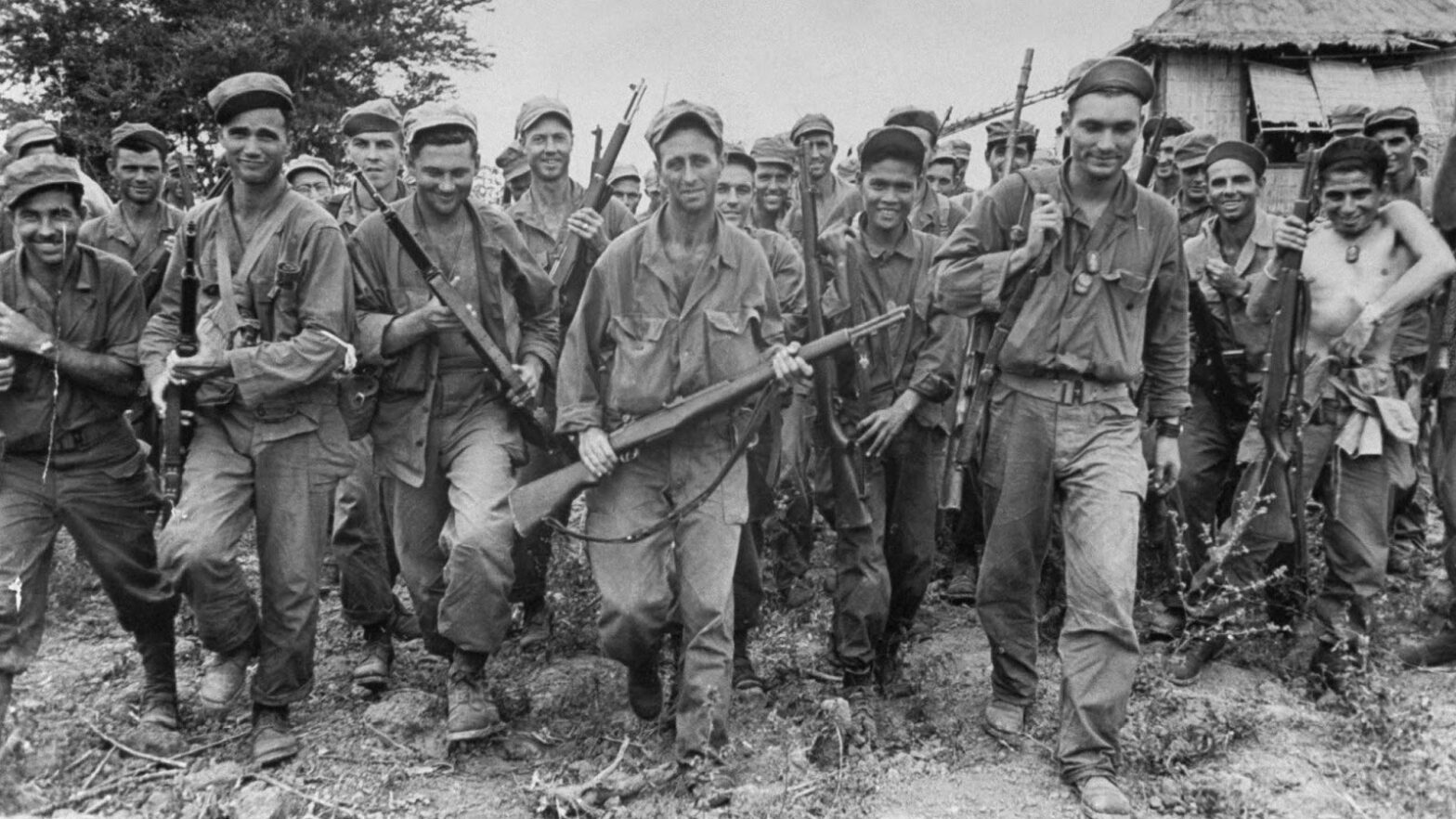Military history is not only a chronicle of combat operations, but also a mirror of the social and legal conflicts of its time. One striking example was the 761st Tank Battalion of the US Army, the first full-fledged tank unit staffed by African-American soldiers. Their story is not just a story of bravery, but also a testimony to the struggle for equal rights. Against the backdrop of World War II, when the US was fighting Nazism, another, quiet battle was taking place within its own army – for dignity, justice and legal recognition. And this topic remains alive to this day, reminding us that human rights are relevant not only in peacetime.
Historical context: inequality in form and in law
During World War II, racial segregation in the U.S. military was institutionally enforced. African-American soldiers served in segregated units, often performing support or physically demanding work. Despite their combat training, they were rarely trusted to participate in active combat, being considered “incapable of command and tactical thinking”—a stereotype that official army structures were slow to refute.
The formation of the 761st Tank Battalion in 1942 was an exception, but even then the unit faced discrimination: soldiers were subjected to stricter checks, did not receive timely supplies, and were deprived of some rights in camps and on the front lines. Nevertheless, the battalion’s fighters showed outstanding bravery – in the Ardennes operation, in the liberation of France and Belgium, and during the crossing of the Rhine.
The US military itself, subject to Jim Crow racial laws during the war, unwittingly became the prologue to future civil rights movements. It was the experience of African-American soldiers that would later become the basis for campaigns to abolish discrimination and ensure equality.

Precedents and legal consequences
Service in the 761st Tank Battalion not only changed the perception of African-American combat capabilities, but also gave rise to legal controversies that would become important precedents years later. The military’s system of racial segregation violated the Constitution’s Equal Protection Clause (the Fourteenth Amendment), but it was long ignored under the pretext of “military necessity.”
After the war, pressure from the public and veterans began to move. In 1948, President Harry Truman signed Executive Order 9981, banning racial segregation in the armed forces. The decision set the stage for legal reform, and while it cannot be directly linked to the 761st case, stories like it have had a powerful influence on legal and moral reasoning.
In legal science, the term arose and began to be actively usedinstitutional discrimination(institutional discrimination) is a systemic, legislatively or administratively enshrined practice that places members of a certain social group in unequal conditions. Military service, limited by racial barriers, has become a classic example of such discrimination.
Military honor and posthumous recognition
Although the men of the 761st Tank Battalion demonstrated remarkable bravery, posthumous recognition came decades later. It wasn’t until 1978 that the battalion was formally awarded the Presidential Unit Citation for outstanding service in combat. A number of men received medals, but it wasn’t until 1997, more than half a century after the war, that Sergeant Reuben Reeves posthumously received the military’s highest decoration, the Medal of Honor. It was the result of political and human rights pressure to restore justice.
Legal initiatives to revisit archives, honor forgotten heroes, and correct historical injustices have become an important part of American memory politics. They are not only symbolic recognition, but also a legal mechanism for restoring rights, albeit after the fact.
ALL: Award ceremony/monument/US president presents medal
Lessons of the Past – Modern Parallels
Today, the armed forces of various countries, including the US military, officially adhere to a policy of equality. However, reality often shows otherwise – cases of discrimination on the basis of race, gender or religion, insufficient access to legal protection, violations of the rights of prisoners of war in conflict zones. All this reminds us that even in a structured military system, deviations from legal norms are possible if there is a lack of control, transparency and legal accountability.
Therefore, such historical examples as the service and fate of the 761st Battalion remain the most important markers for assessing progress in the field of human rights and military law. They allow not only to remember forgotten heroes, but also to reconsider current practices – in legislation, command systems, international agreements.
The history of the 761st Battalion is not just a paragraph from a textbook, but a moral and legal guide for future generations.



